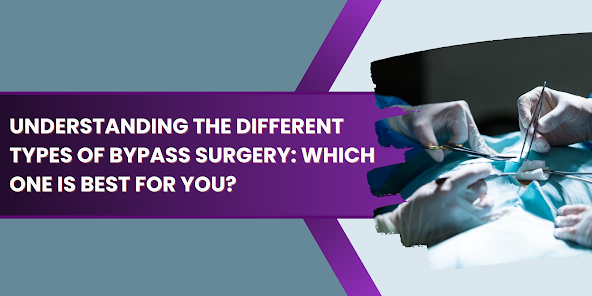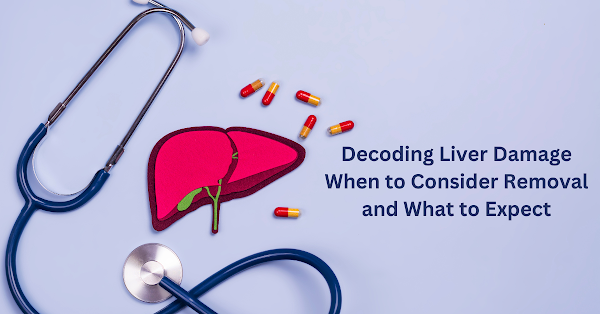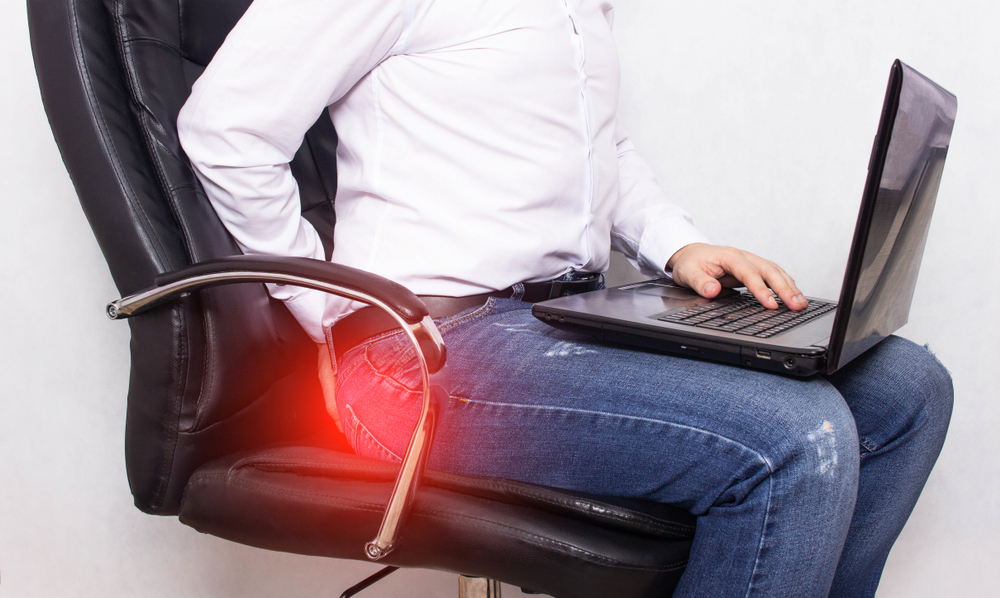Treatments for Prostate Enlargement & Cancer

Prostate Enlargement and Prostate Cancer are two distinct but related conditions that affect the prostate gland in men. Let us discuss the condition of prostate enlargement (Benign Prostatic Hyperplasia - BPH) Prostate enlargement, also known as Benign Prostatic Hyperplasia (BPH), is a common condition that occurs as men age. The prostate gland, which is a small organ located below the bladder and surrounding the urethra (the tube that carries urine from the bladder out of the body), tends to enlarge over time. It is caused by the overgrowth of prostate cells and is considered a normal part of the aging process. Men need to have regular check-ups with their prostate cancer specialist to opt for prostate enlargement treatment in coimbatore & monitor their prostate health and address any concerns or symptoms Symptoms of prostate enlargement: Increased frequency of urination, urgency, weak urine flow, difficulty starting and stopping urination, and dribbling at the end of urin



